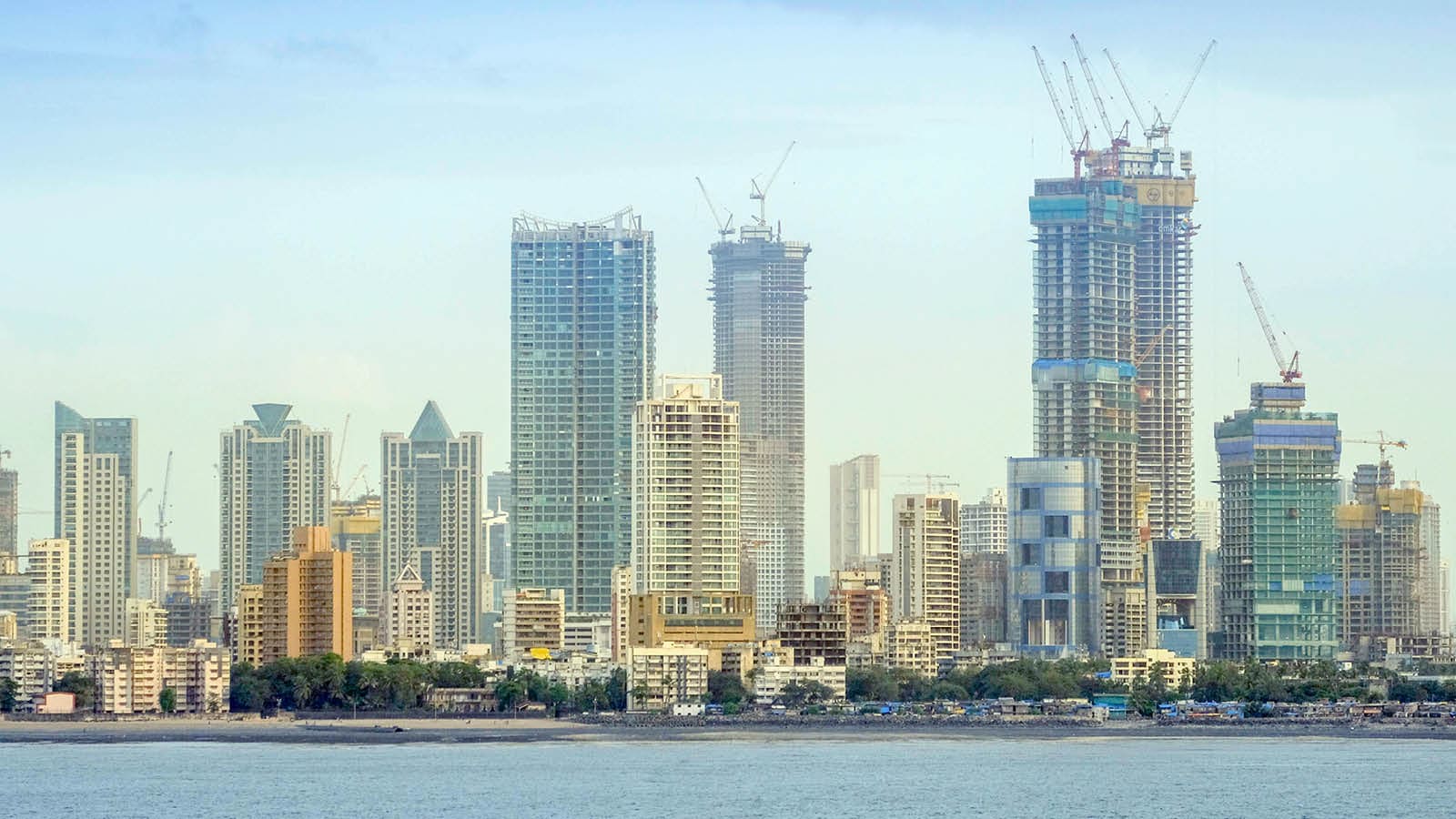Digital transformation is a key focus for Canadian real estate companies, with many embracing property technology (proptech), digitizing operations and increasing their data analytics capabilities as they invest for the future.
Digital tools and proptech are at the core of many of the customer service, productivity, innovation, risk management and cost reduction initiatives real estate companies are targeting. We can help you think more holistically about your transformation journey and bring together the right blend of business and technology expertise so you can realize the full potential of your digital investments.



















